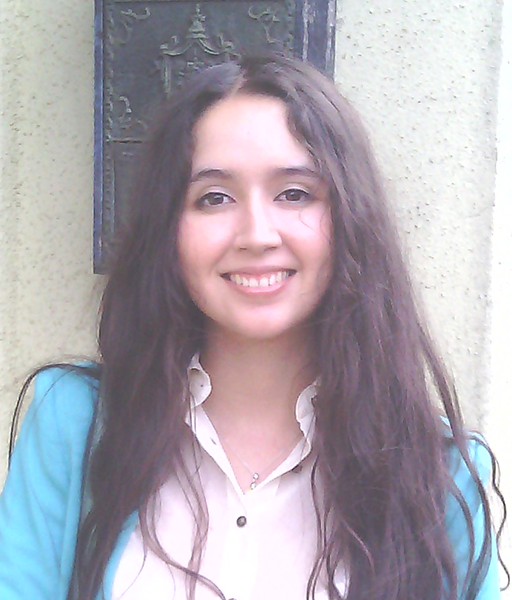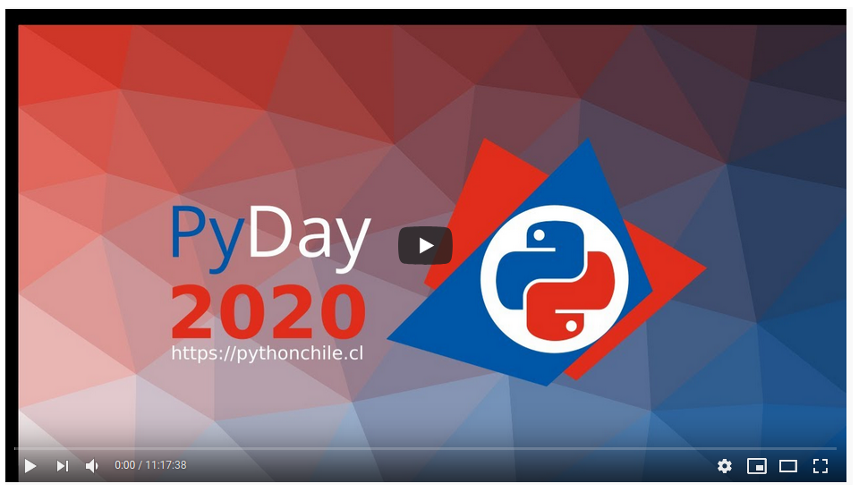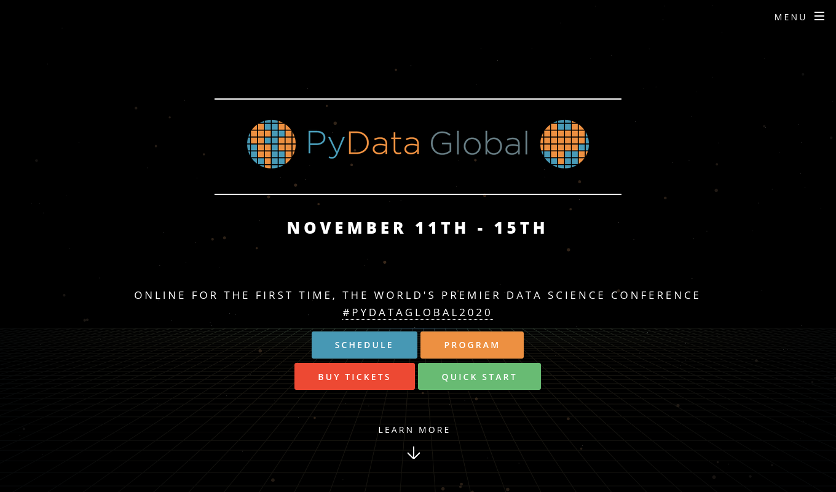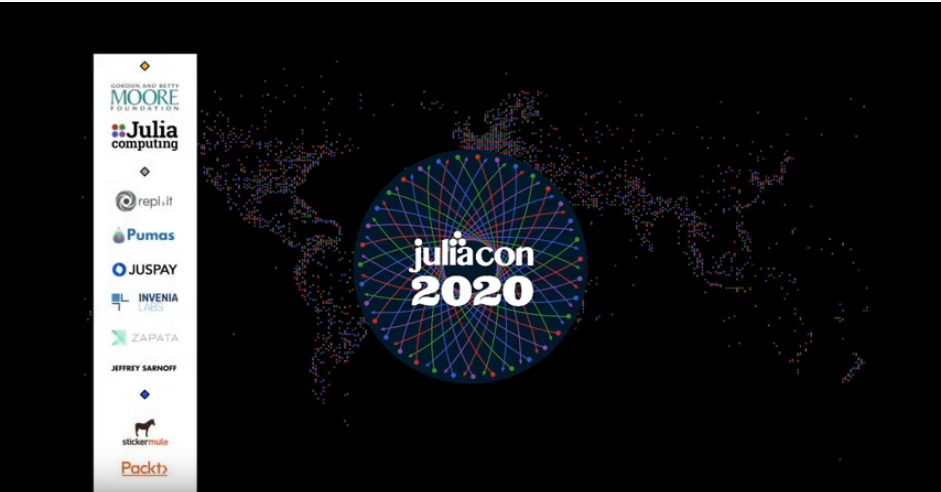I am a final-year student of the PhD in Engineering Sciences at Pontificia Universidad Católica de Chile (PUC). In addition to my doctoral studies, I am pursuing a diploma in artificial intelligence at PUC.
My doctoral thesis focuses on Game Theory from the perspective of Operations Research. Specifically, I study Stackelberg games in security contexts, considering the polyhedral structure of defense strategies.
I previously studied Industrial Civil Engineering (2014-2018) and master’s in industrial engineering (2017-2018) at Universidad del Bío-Bío, Chile. I had the opportunity to pursue these 2 degrees in parallel thanks to my good academic performance. I am proud to have received the University of Bío-Bío Award at the end of my studies. This is the highest award for academic excellence at my university.
EDUCATION AND DEGREES
-
-
-
Ph.D. in Engineering Sciences. Pontifical Catholic University of Chile (2019-Present).
-
Certificate Program in Artificial Intelligence. Pontifical Catholic University of Chile (June 2023 -Present).
-
Master of Engineering Sciences. University of Bío-Bío (2017-2018).
-
Bachelor of Industrial Civil Engineering. University of Bío-Bío (2014-2018).
-
Bachelor of Engineering Sciences. University of Bío-Bío (2014-2017).
-
Grant to conduct research in INRIA (Lille, France), Pontificia Universidad Católica de Chile and INRIA, Chile and France 2022.
-
CONICYT scholarship for research internships, CONICYT, Chile 2022.
-
Bourses de sejour scientifique, Fonds de la Recherche Scientifique (FNRS), Belgium 2020
-
Doctorate scholarship CONICYT, Chile 2019-2023
-
Highest-GPA of the generation Award, Universidad del Bío-Bío, Chile 2018.
-
Grant to conduct research in Canada, Universidad del Bío-Bío, Chile 2018.
-
Grant to conduct research in Canada (ELAP), Government of Canada, Canada 2018.
-
Scholarship of the Master’s degree in Industrial Engineering, Universidad del Bío-Bío, Chile 2017, 2018.
-
Grant to conduct research at Pontificia Universidad Católica, Universidad del Bío-Bío and Pontificia Universidad Católica, Chile 2018.
-
Award to the Highest ranking of the cohort, Universidad del Bío-Bío, Chile 2016, 2018.
-
Academic Excellency Scholarship, Chilean Ministry of Education, Chile 2014-2018.
SELECTED AWARDS
-
-
SKILLS
PROFESSIONAL INTERESTS
My goal is to create an inclusive and diverse research community within my program. Therefore, I invite and encourage anyone who shares similar research interests to reach out to me.



